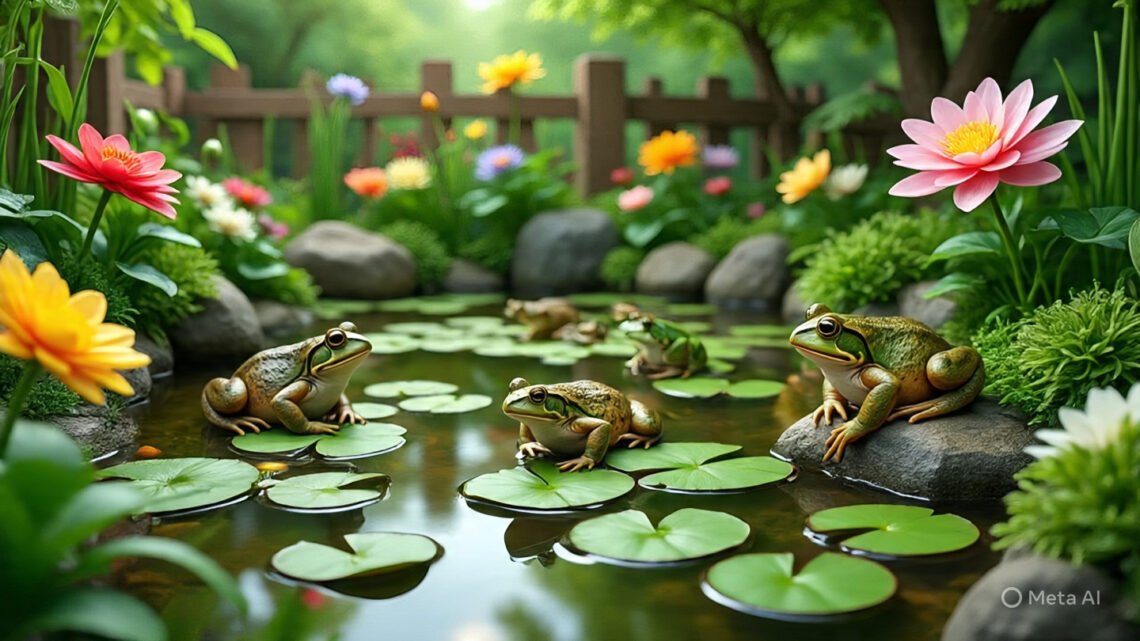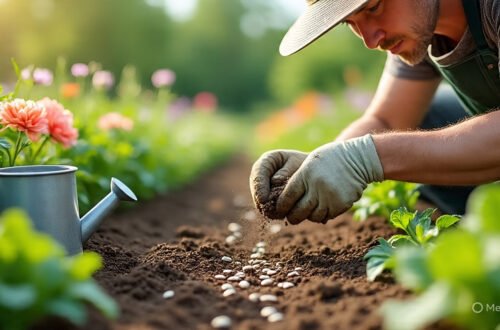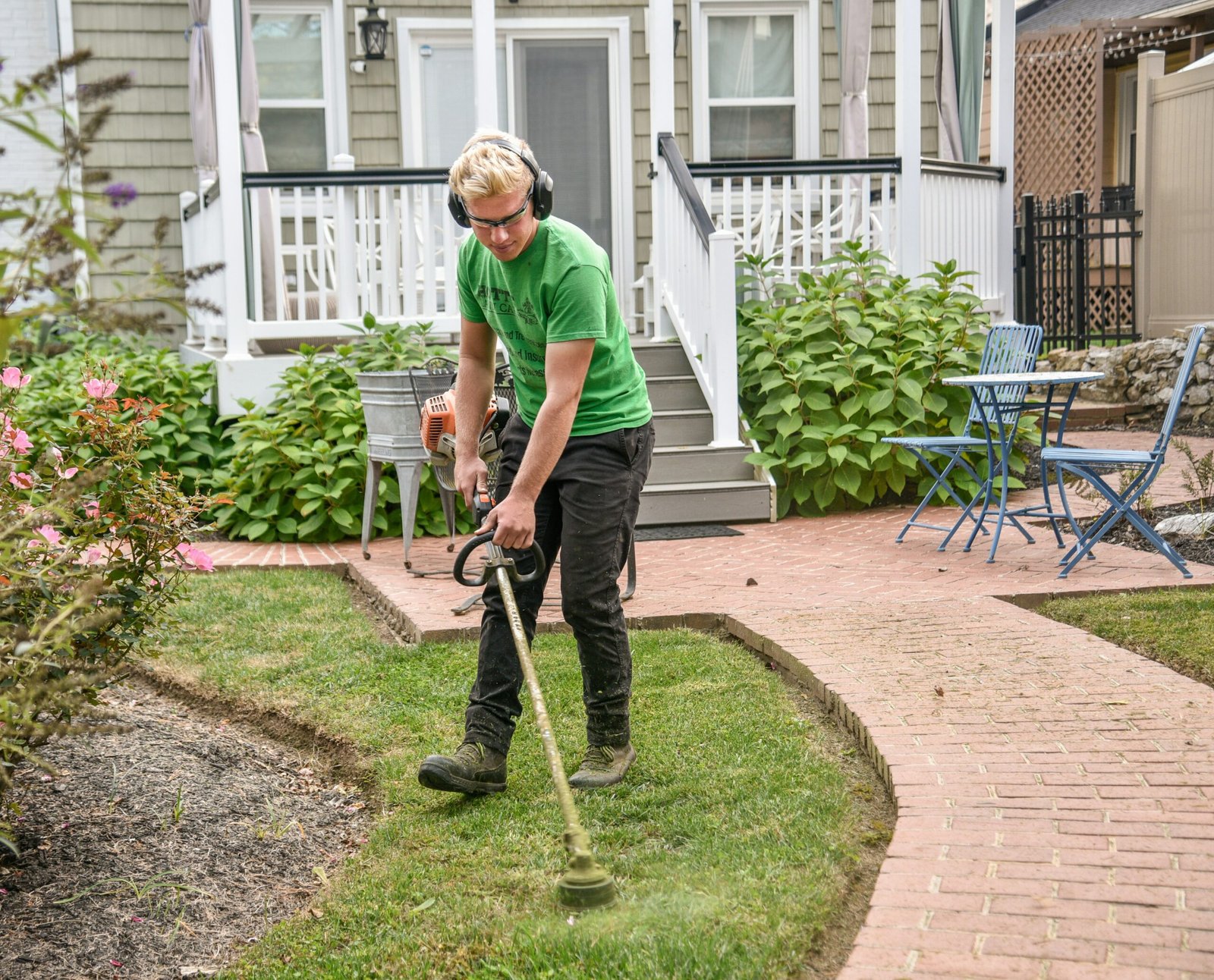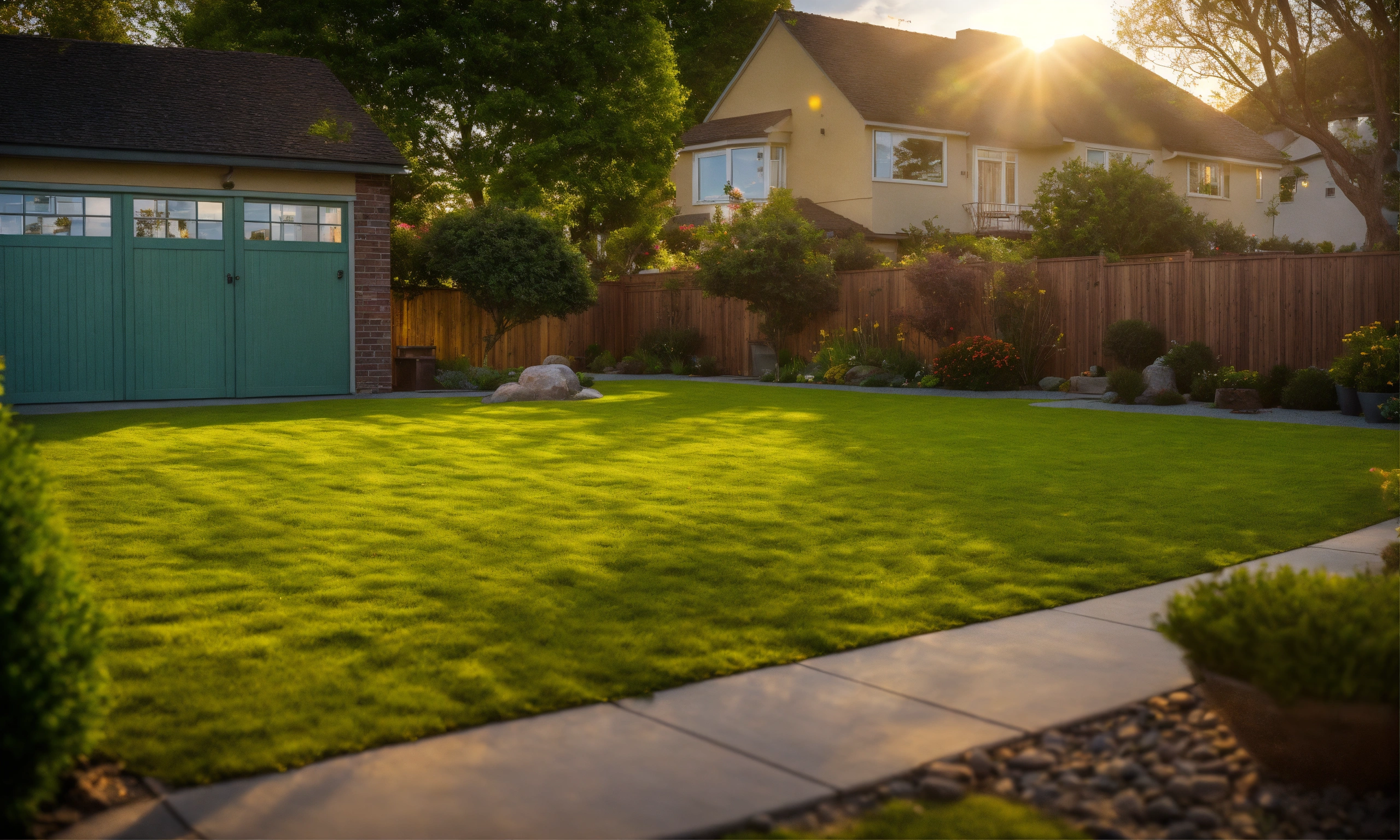🐸 Are Frogs Good for Gardens? (Benefits & Things to Know)
If you’ve ever spotted a frog hopping through your backyard, you may have wondered: Is this little visitor good or bad for my garden?
As a gardener with over 10 years of experience encouraging wildlife in eco-friendly gardens, I can confirm that frogs are one of the best natural helpers you can have outdoors. In this guide, we’ll explore why frogs are good for gardens, how they benefit your plants, and what you can do to attract them.
🌍 Why Frogs Are Good for Gardens
- Natural Pest Control – Frogs eat insects like mosquitoes, flies, beetles, and caterpillars, reducing the need for chemical pesticides.
- Balanced Ecosystem – Their presence indicates a healthy, moist environment with good biodiversity.
- Food Chain Support – Frogs attract birds and other wildlife, enriching your garden ecosystem.
- Eco-Friendly Gardening Ally – They reduce garden pests without harming soil, plants, or pollinators.
⚠️ Are There Any Downsides?
- Frogs need moist, shady environments—dry gardens may not support them.
- If pesticides are used, frogs may die or decline, since they have sensitive skin.
- Large frog populations are rare, so they won’t solve all pest problems alone.
🛠️ How to Attract Frogs to Your Garden (Step-by-Step)
Step 1: Create a Water Source
- Install a small pond, water bowl, or birdbath.
- Avoid fish in ponds (they may eat frog eggs).
Step 2: Provide Shelter
- Add logs, rocks, or leaf piles for hiding spots.
- Plant dense shrubs for shade and protection.
Step 3: Go Pesticide-Free
- Avoid chemical sprays—frogs absorb toxins through their skin.
Step 4: Grow Native Plants
- Attract insects naturally, giving frogs a steady food source.
Step 5: Keep Areas Moist
- Mulch garden beds to maintain humidity.
- Use shallow dishes of water in hot weather.
🌼 Types of Frogs Often Found in Gardens
- Tree Frogs – Excellent insect hunters, often found near shrubs.
- Leopard Frogs – Active in lawns and grassy areas.
- Toads – Hardy, low-maintenance pest controllers.
❓ FAQs About Frogs in Gardens
Q1: Do frogs damage plants?
No—frogs don’t eat plants. They feed on insects, slugs, and other pests.
Q2: Are frogs a sign of a healthy garden?
Yes! Frogs are bioindicators of a well-balanced and chemical-free environment.
🔥 Our Trending Gardening Picks
- The Ultimate Guide to Gardening Radishes: Tips and Tricks for a Thriving Garden
- The Ultimate Guide to gardening raised beds vegetable Growth
- The Essential Do and Don’ts of Gardening: A Comprehensive Guide
- What is the most common mistake of first time gardeners ?
- Understanding Gardening Snakes: Nature’s Reptilian Allies
Q3: Can I introduce frogs to my garden?
It’s best to attract them naturally by creating a suitable habitat rather than relocating them.
Q4: Do frogs eat beneficial insects like bees?
Frogs mostly target mosquitoes, flies, and pests. They rarely eat pollinators.
Q5: Will frogs survive winter in my garden?
Yes—many burrow underground or hibernate in ponds during cold months.
- 10 Insects That Help Your Garden Thrive
- How to Build a Small Wildlife Pond in Your Backyard
- Top 7 Animals That Are Good for Gardens
✍️ Author
Written by: Ecorganicas
Ecorganicas is a gardening blogger with over 10 years of experience promoting eco-friendly and sustainable gardening practices. With first-hand knowledge in creating wildlife-friendly gardens, Ecorganicas shares practical tips on encouraging natural helpers like frogs, bees, and birds.
Discover more from Ecorganicas
Subscribe to get the latest posts sent to your email.






